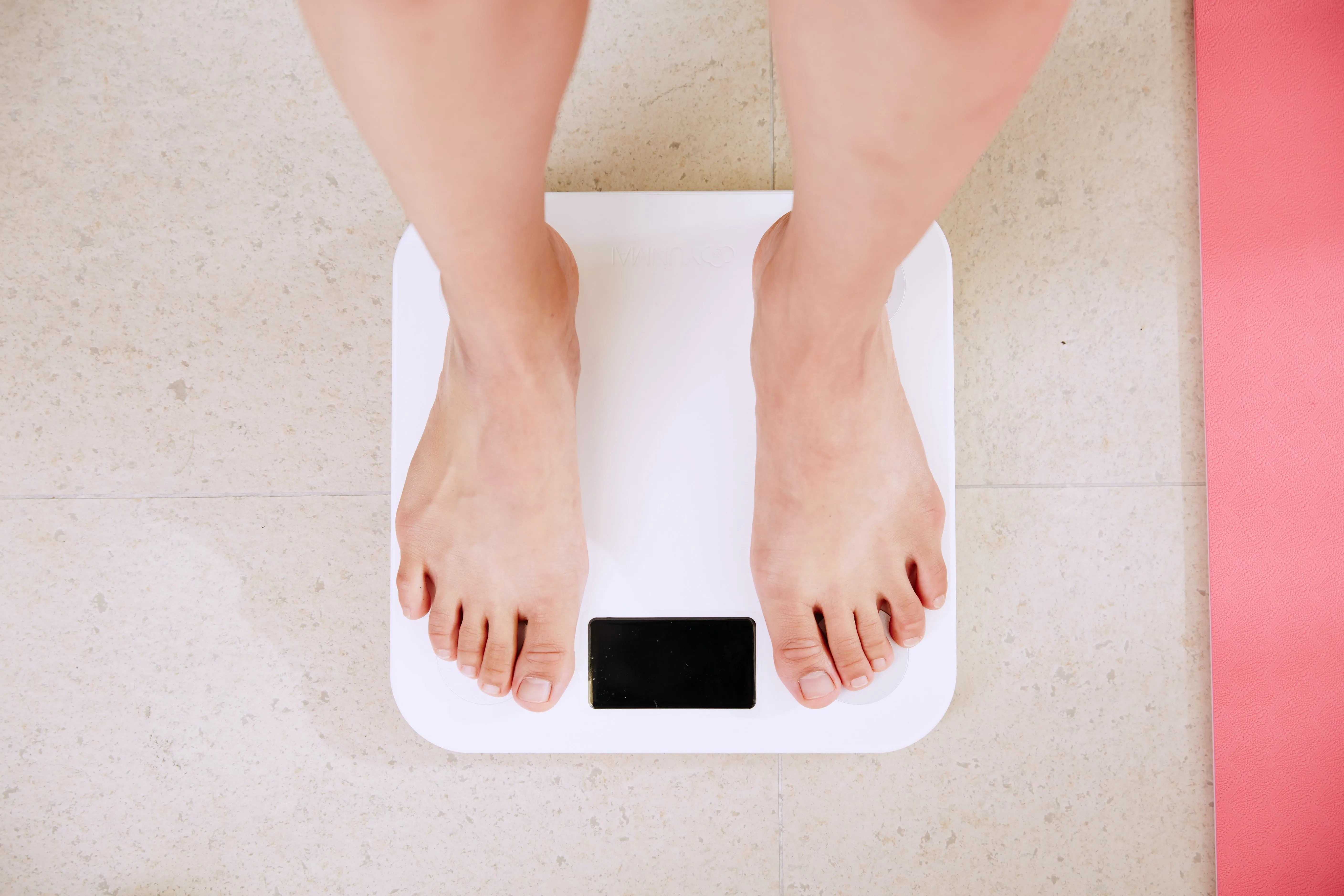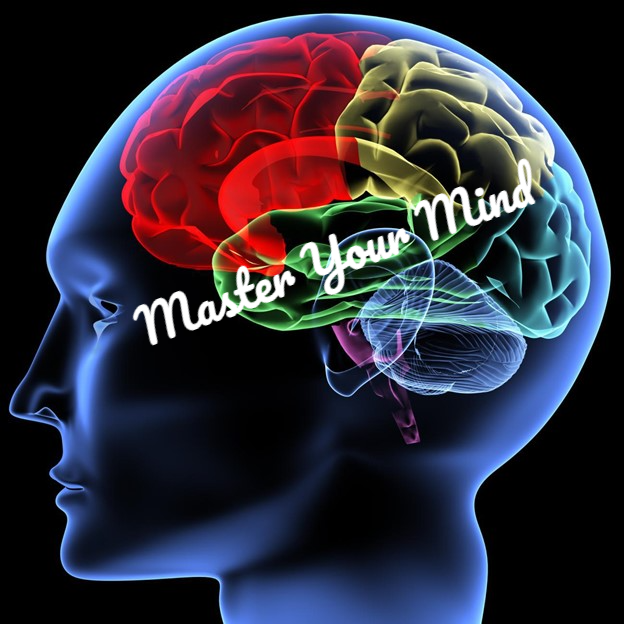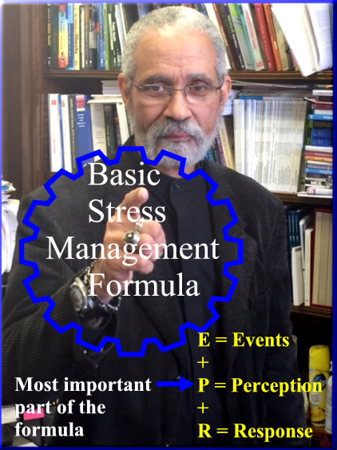Activities That Help Boost Your Mental Health
When it comes to being healthy, we often believe that taking care of our physical health is enough. However, our mental health is also an essential aspect of personal wellness. Much like our physical health, we also need to take care of mental health.
Mental health is defined as our emotional, psychological, and social well-being. Our mental state can affect how we feel, think, and handle difficult situations. It can also affect how we see ourselves and the kind of relationships we foster with other people. Therefore, having stable mental health is necessary for every aspect of life - from childhood, adolescence, adulthood, and into our senior years.
However, several factors can affect our mental health. The state of our mental health can also vary, depending on our circumstances. Because of the vital role of mental health in our lives, we also need to take good care of it. Just as we would take care of our physical health, looking after our mental health is also required.
Here are some activities you can do to help you achieve optimum mental health status.
Exercise
There are several mental and emotional benefits of exercising. Aside from just looking better on the outside, exercising can also make you feel good on the inside. Exercise, especially the exercises that keep your heart rate elevated (aerobic exercise), has been proven to boost a person’s mood. It increases our level of endorphins which are our body's natural mood lifters.
Exercising regularly can help with improved sleep, which lessens stress, depression, and anxiety. Exercising forces our brains to better focus on a single activity, making us feel accomplished at the end of our session.
Deep Breathing
Whenever we feel stressed, our heart rate and respiration rate inevitably quickens, which can increase our blood pressure. Deep breathing can help us slow down our heart rate while stabilizing our blood pressure.
The increase in oxygen flow to the brain stimulates our parasympathetic nervous system, or the part of our brain that thrives in quiet, restful conditions, promoting a state of serenity. Deep breathing allows our bodies to calm down and clear any anxious thoughts to make room for logical and sensible responses to stressful situations.
Writing In A Journal
Journaling offers many benefits for our mental health. Writing in a journal can be a healthy way to express yourself, especially whenever you feel overwhelmed with everything happening in your life.
A journal allows us to unload our emotions without the fear of being judged. It also helps us to feel heard and important. Mental health experts have proven that journaling effectively manages anxiety, reduces stress, and helps a person cope better with depression. It also gives us the opportunity for some positive self-talk and helps us identify patterns of negative thoughts and behaviors.
Self-Care Routines
The word self-care is becoming more widely known, and you may have been doing self-care activities before the term even became popular.
Self-care refers to any time we give ourselves to do things that help us improve our overall well-being. These activities bring us joy, increase our energy, and help to manage our stress levels. Self-care acts, even seemingly small ones can make a big impact on our lives.
Eating healthy, having a good sleep pattern, and other activities that are relaxing, can all be considered as self-care acts. Taking self-care breaks allows us to have time to do things we enjoy and makes us feel good.
Socializing
Socializing will always be part of our psychological needs. Humans are biologically wired for interaction and connection within a community. Social interaction is an excellent way to keep our mental health stable. Whenever we connect with friends, family, or colleagues, we build satisfying relationships that can help us get through challenging times.
We also get to share our thoughts, happiness, grief, passion, and everything else with people we care for and who also care for us. According to research, people with satisfying relationships are more likely to experience fewer health problems, less chronic stress, and a longer life.
Mental health is a vital aspect of who we are. Maintaining stable mental health requires us to take care of it in the same way we take care of our bodies. Different routines and activities can help us nourish our mental health. Ensuring that we take time off from our busy schedules to focus on our emotional and psychological well-being is part of being healthy and sound both in mind and body.














